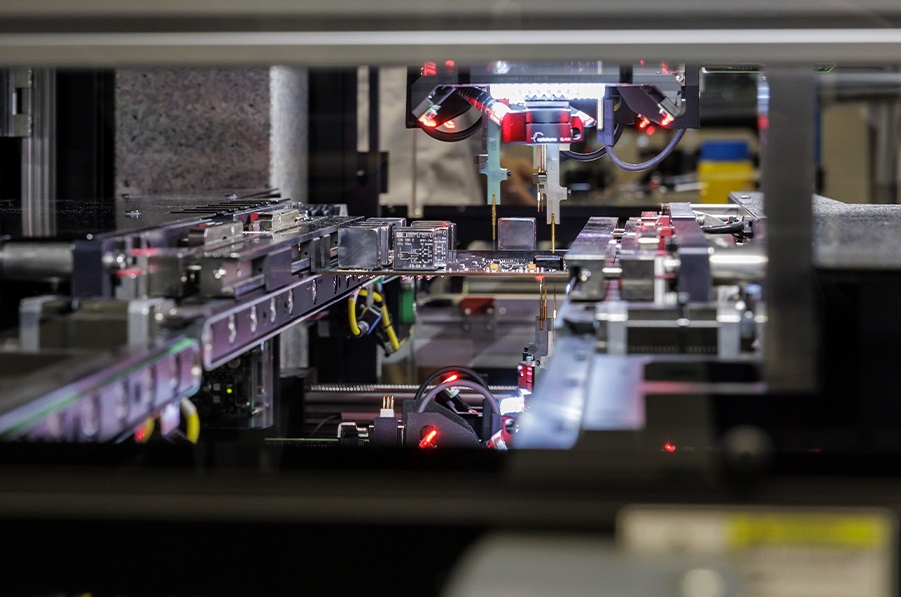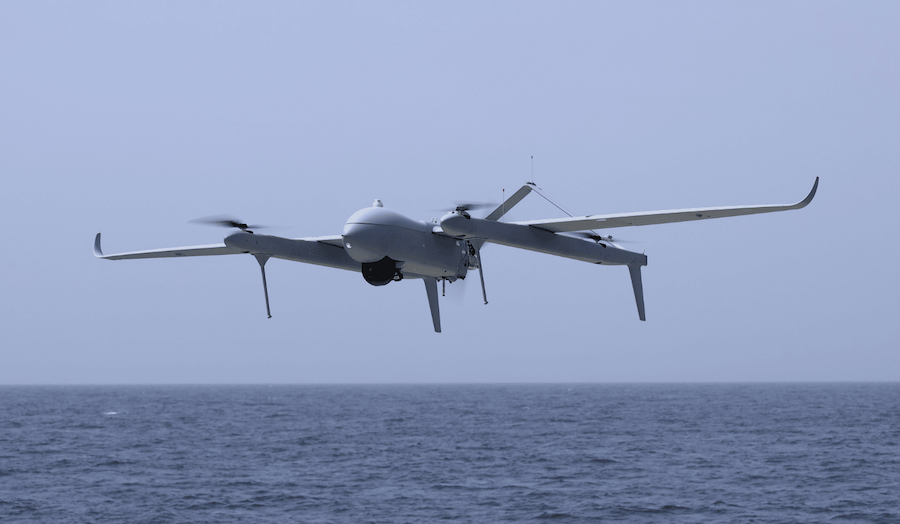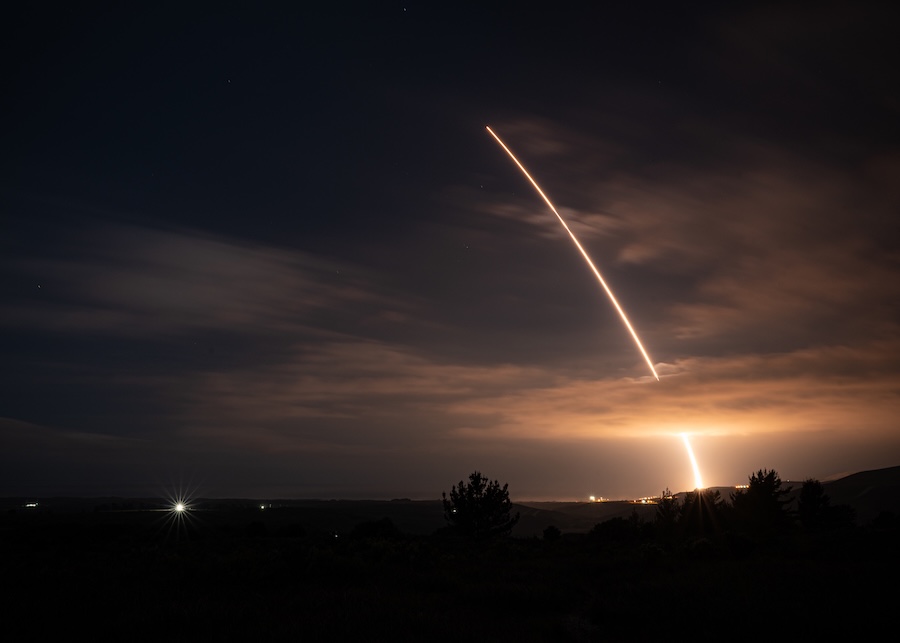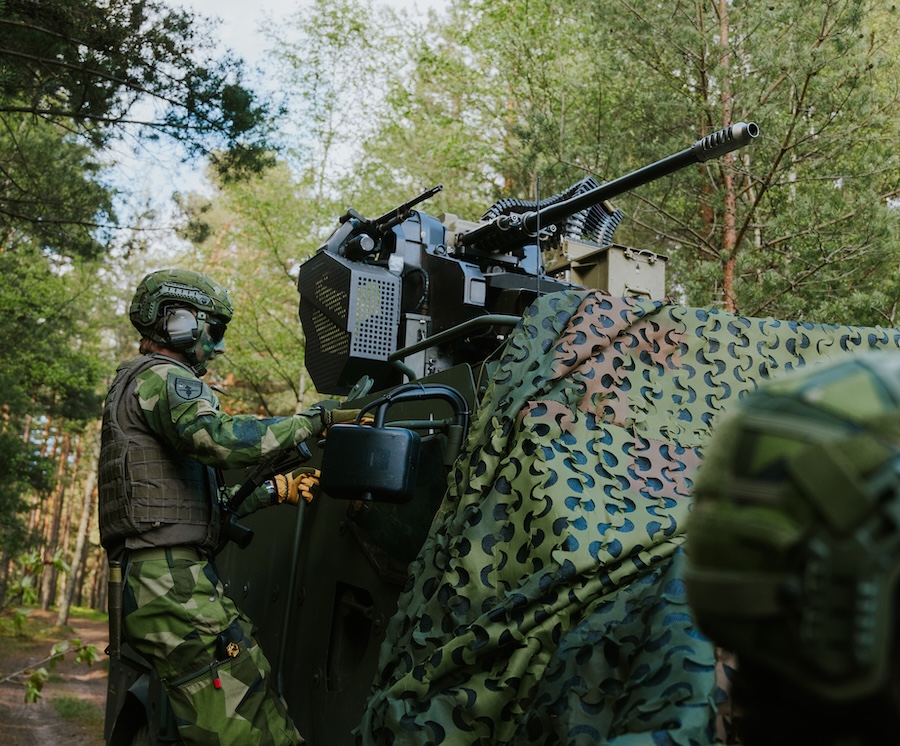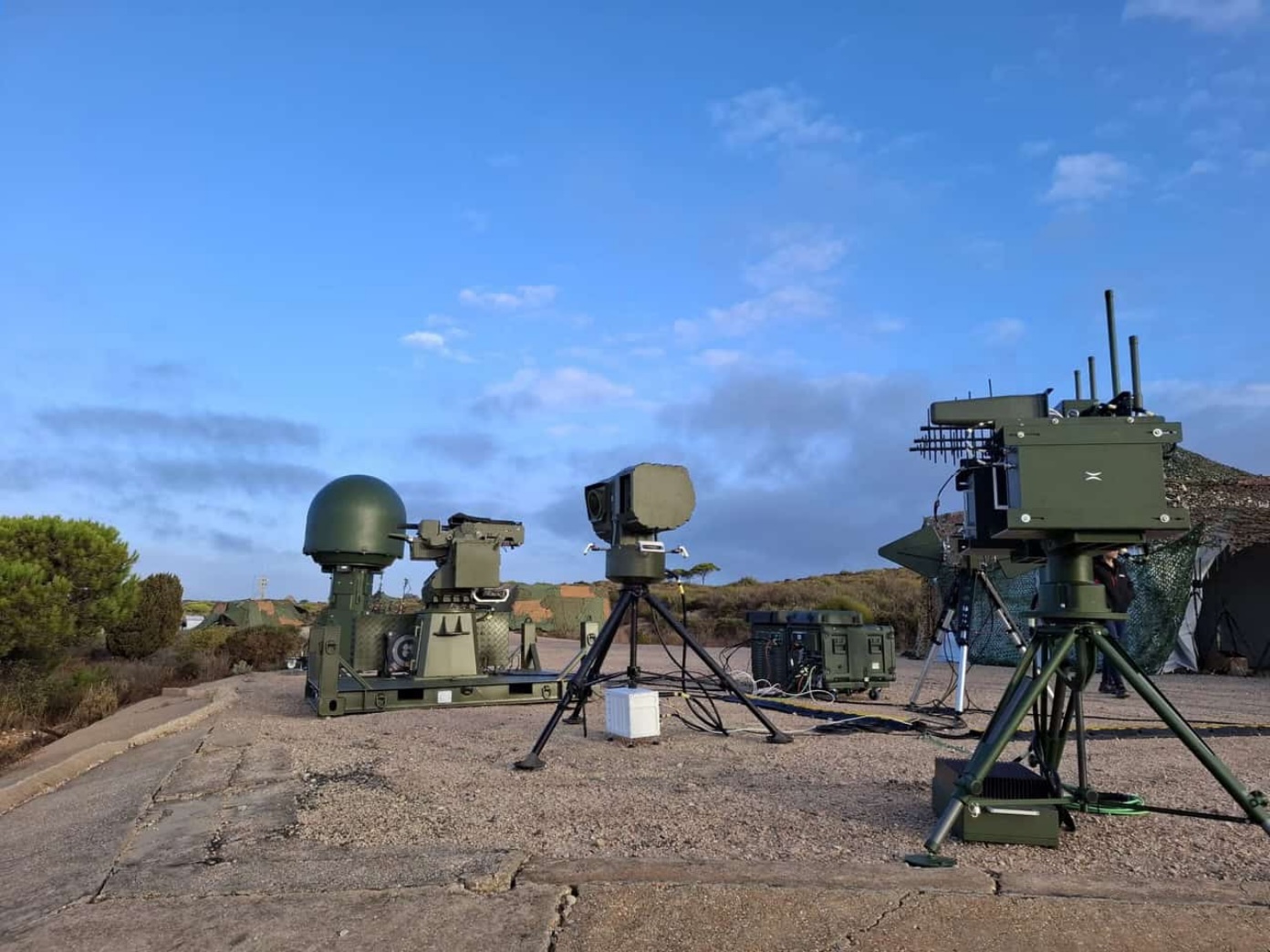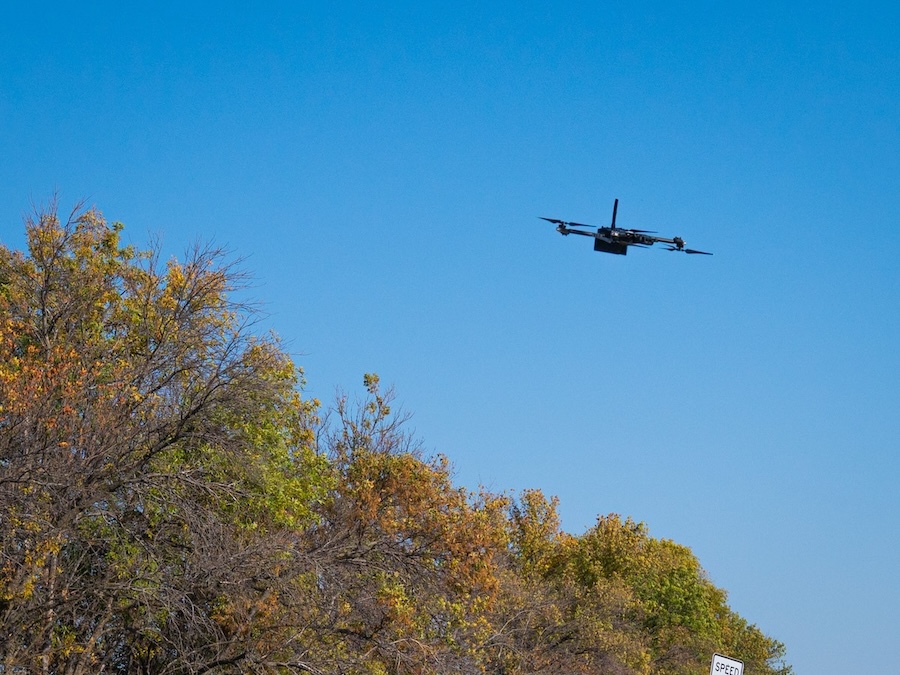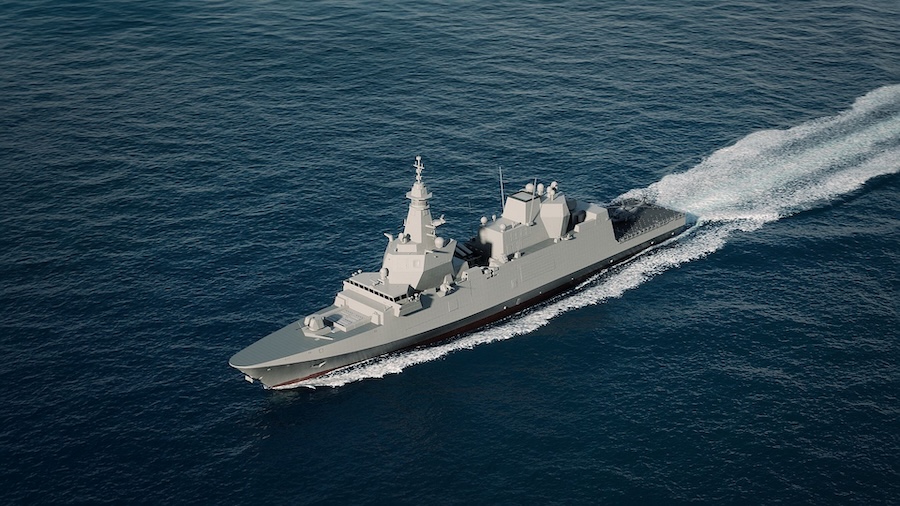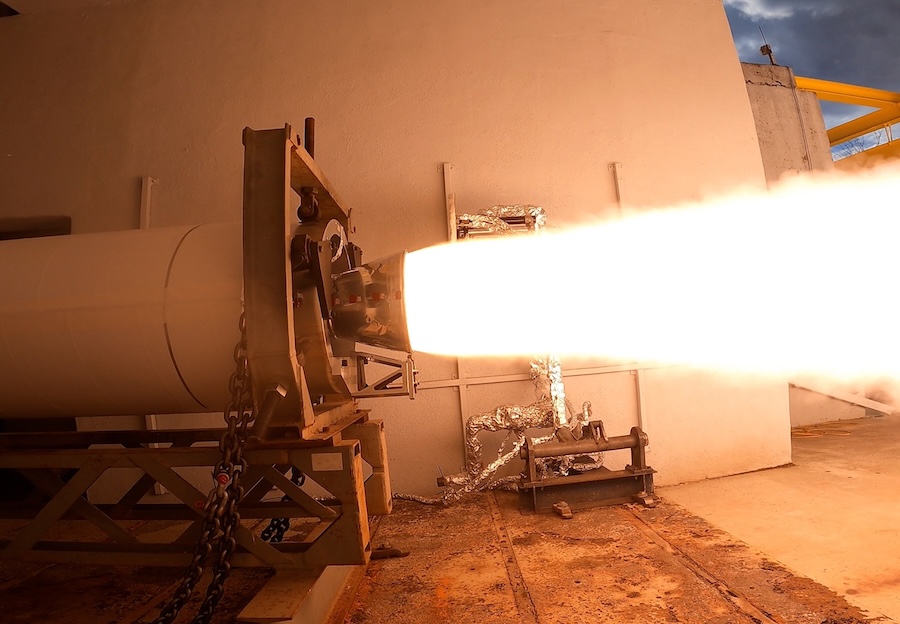The list of metals subject to restrictions will be expanded to include holmium, erbium, thulium, europium, and ytterbium. Under the new regulations, Chinese citizens will also be prohibited from participating in foreign projects related to the exploration, extraction, and processing of rare earth metals or the production of magnets without prior government approval. The authorities justify the tightening of export controls on these goods and technologies by citing national security concerns, China’s national interests, and its international obligations concerning the prevention of weapons proliferation.
Beijing’s move represents a clear escalation in its economic war against the West, and the extraterritorial scope of the regulations is unprecedented for the PRC. As with the previous round of restrictions introduced in the spring, the new measures will serve as a form of economic coercion targeting the civilian industrial sectors of developed countries, while the restrictions affecting the defence industry are likely to be permanent.
Source: Centre for Eastern Studies.


